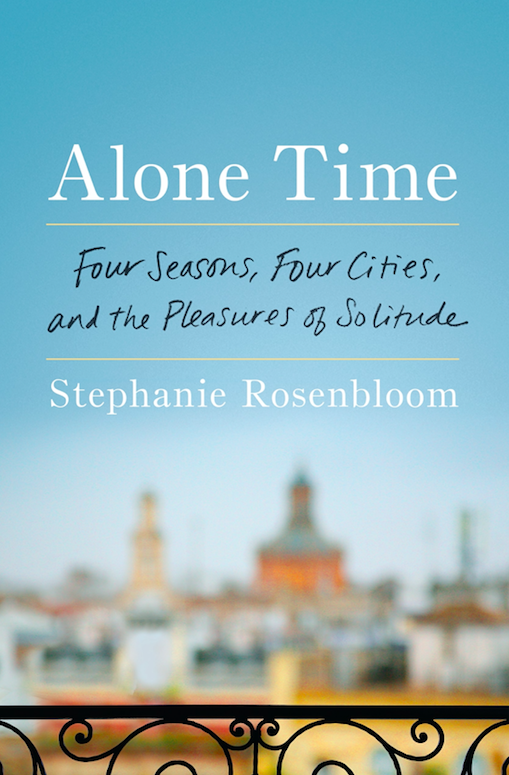There are many savoring techniques that can be used at any time, in private or in public, alone or with others. But in general, they all have one requirement: that we focus our attention on the present experience. That may sound daunting, but there are specific things we can do to achieve this; everyday actions that are surprisingly simple, quick, and elegant yet can make a big difference in the way we experience the world.
On that spring morning at Les Deux, as people were darting and disappearing around the church of Saint-Germain-des-Prés like billiard balls knocked into motion, carrying tote bags, pushing strollers, heading off to work and school over the wet, gray pavers, into the mouth of the Métro, I slipped a finger through the handle of my coffee cup and eased back in my rattan chair.
To focus on the present moment, Bryant explained, it helps to refrain from certain habits, like multitasking, worrying, latching on to what’s wrong or negative, and ruminating about the past or future. Easier said than done. Most of us spend nearly 47 percent of our waking hours each day thinking about something other than what we’re doing, according to research by Matthew A. Killingsworth, a Robert Wood Johnson Foundation Health and Society scholar, and Harvard psychologist Daniel T. Gilbert. That matters, the researchers say, because one of the strongest predictors of happiness is whether or not your attention is focused where you are in the present. “People are substantially less happy when their minds are wandering than when they’re not,” Killingsworth told a crowd at a TEDxCambridge conference. That’s proven to be true, he said, even when our minds wander to things that bring us pleasure, like sex.
Happily, even us mind-wanderers, multitaskers, and ruminators can master ways to savor. One method, particularly useful for travelers, involves what Bryant calls “temporal awareness”: reminding ourselves that the moment won’t last, that soon the meal will be gone or the trip will end. It may seem counterintuitive, but awareness that something is fleeting tends to increase our enjoyment of it, for as Bryant explained, when time gets scarce, it heightens motivation. It’s the truth behind the maxim about only knowing what you’ve got when it’s gone. And one trick to preventing that from happening, Bryant said, is to treat the moment we’re in as if it’s the last of a lifetime.
To do that, he suggests identifying the sources of joy in the moment by asking ourselves questions like What is it that is going to be gone? What is the joy in it; the sources of the positive feeling?
Excerpted from Alone Time: Four Seasons, Four Cities, and the Pleasures of Solitude, by Stephanie Rosenbloom.


